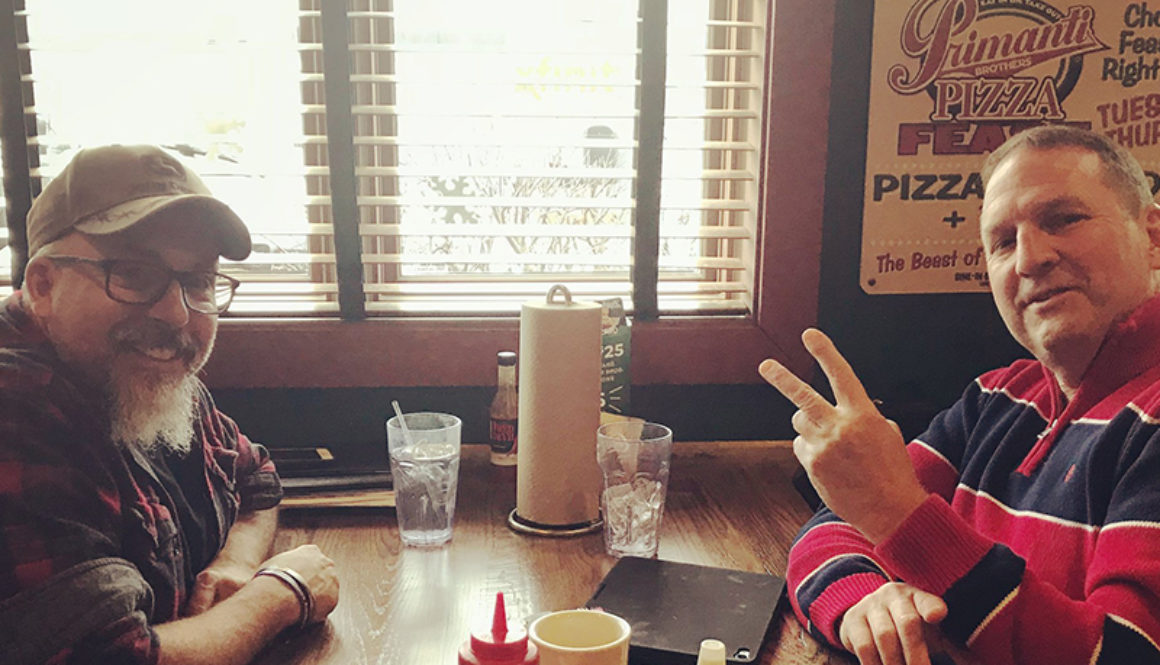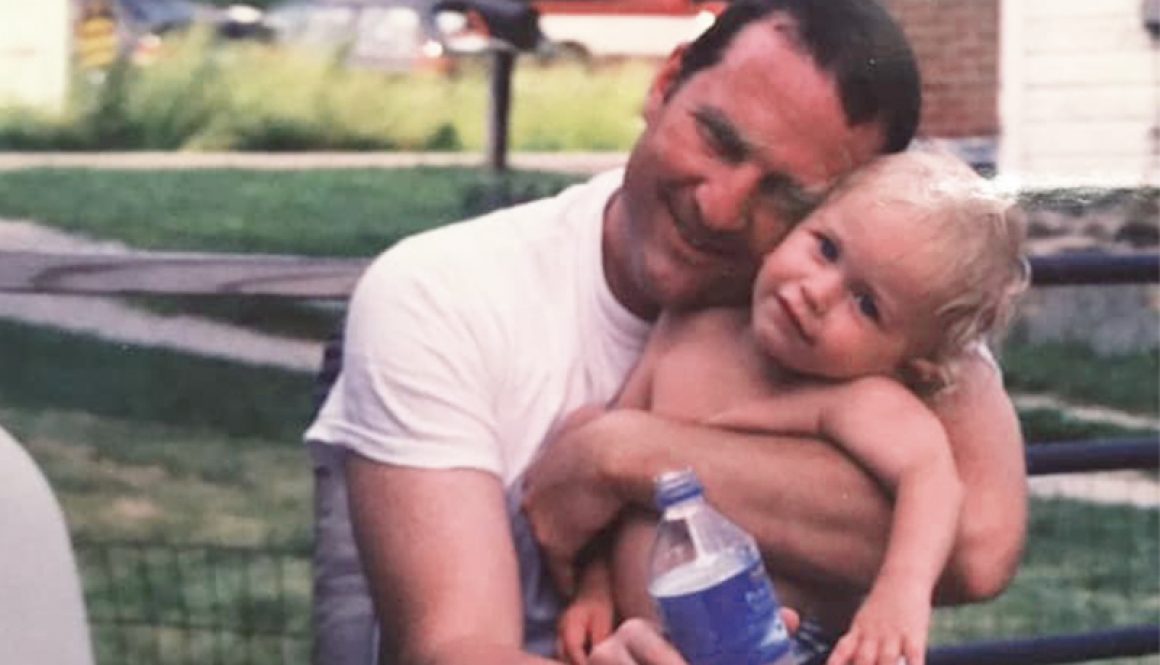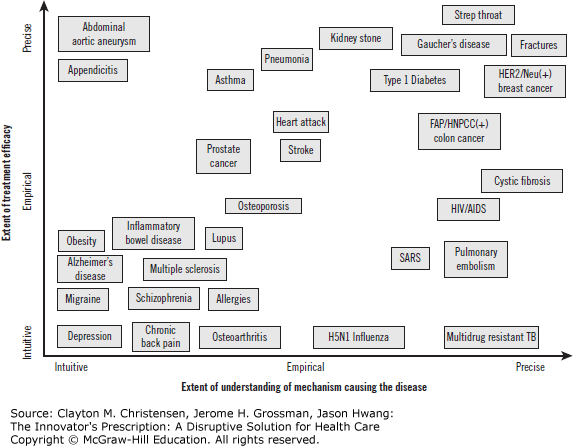I Am NOT a LIAR, CHEATER, Or Thief.
I was born on July 25th 1968. It was not a voluntary process. No one ask me if I wanted to be here. Nonetheless, there I was!
Of course, I celebrate my life. This is not another nihilistic rant from a Nietzche wannabe struggling though a midlife crisis. Although, I could write that post as well. Been there…done that.
Today, I’m focused on the roots of my addiction.
I was born into a family that had been riddled with mutligenerational trauma. By no choice of my own.
For The Record
For the record, my bloodline also held dear…a Calvinistic work ethic beyond compare. Work… like your salvation depends upon it…literally. This kept us out of the house, distracted and independent.
That reality, along with a superhero mother, allowed us to rise above the terror of my father’s demons. It could have been much, much worse.
However, no one can deny, violence, emotional abuse, insecurity, divorce, and the ever-present cloud of substance use guaranteed that my childhood would include a few scars. Literally and figuratively.
In the 1970’s and 1980’s the general idea was “suck it up”. Today we know that post-traumatic stress and adverse childhood experiences can produce lifelong problems. Including substance use disorders and poor outcomes in terms of physical health.
My memories are encoded with feelings of fear and terror. They are still there. Especially at night. Laying in bed waiting for it to start up again. Worse, trying to predict if it was going to pop off again tonight. What’s his mood? What’s next? What did she say? What was that?
Loud sounds at night make me jump. I can sleep better if there is noise in the background. When I was a kid in Pennyslvania the furnace would drown out the battle.
So…I still need the furnace. Sometimes.
The Message Was Clear:
Addicts & Alcoholics Are Bad People
I took my first drink when I was 14. Older dudes around the neighborhood shared some nasty cheap beer. It wasn’t love at first sight.
But it did provide relief. From that fear, anxiety, and trauma.
As time went by, my substance misuse escalated. I will spare the details because you have heard 10,000 addiction stories. By the time I was 29 it had progressed to any and all opiate based narcotics.
Thank God I was able to stumble into recovery at age 31.
I did some things while actively using substances that I wasn’t proud of and not true to my own values.
I was not a good husband or a good father. However, its important to note. I was not a horrible husband or father.
I jumped into recovery meetings and counseling. Quite frankly I knew I was done with that old lifestyle. I didn’t think much about what “program” to follow. I just followed directions.
Interestingly, 19 years ago, the professional counseling and self-help support groups were nearly indiscernible. I fear this is still the case in most places around the country. Hard to tell the difference between your rehab and your home group. The message was identical. Some version of:
“You did this to yourself. Take responsibility. Do as you are told and don’t question anything…Also, you’re “puffed up” and have an ego problem. Get honest, you are a liar, cheater and thief”.
Looking back, I still have gratitude for the people who helped me. Especially the members of the self-help groups I attended. They gave their time. They were amazing. I have less gratitude for the counselors and “therapists” who shoved one size fits all thoughts down my throat. They were paid for that?
However, nineteen years of personal and professional recovery related experience have provided some perspective.
Treatment Programs & Recovery Support
Built On “Ego-Deflation”
It is widely accepted that ego-deflation is the core of the process for the more traditional recovery pathways.
This link will take you to some resources on 12-step literature that clearly lays out the need for ego-deflation. This doesn’t mean all groups or all providers apply the principles in the same manner. Some are more confrontational than others.
However, there is no question that the focus is on breaking you down to then build you up.
For the record, there is very little clinical theory or evidence that backs up a therapeutic approach focused on ego-deflation.
Rational emotive behavior therapy and some isolated practitioners are among proponents. It seems that narcissistic personality disorder is the one area where ego-deflation has been supported.
The (flawed) assumption that most “alcoholics and addicts” are narcissists would explain the wide-spread acceptance of the ego deflation philosophy.
…the overwhelming majority of those with substance use disorder are not narcissists. It’s nearly 8 times more likely they DO NOT HAVE narcissism than they do. 85% of people with substance use ARE NOT narcissists.
Basic socialization theory (when in Rome do as the Romans) explains why people would go along with the process. Despite their better judgment.
When they said I was a liar, cheater, and a thief I did not push back. I wanted to be accepted. Furthermore, questioning these concepts is indicative of a person who is unwilling. No one wants to be “unwilling”. In treatment, unfortunately, questioning authority will be labeled as “resistance” and sanctions will be used to “get you back on track”.
The process starts to take on a punishing tone. Of course there are rewards at the end of the tunnel. If you follow directions you can expect a better life. I was no exception. Stopping the destructive behavior improved my life.
But I was not, and I am not, a narcissistic, self-centered sub-human. That is not the core of my issue. I do not need torn down to be built up. I need specific support to be lifted up. Fortunately, I got that support.
Trauma Not Narcissism
Dr. Gabor Mate cuts right to the chase. He flat out says all addiction is an attempt to escape trauma.
I’m not sure I would go that far. I think substance misuse is complex and varied. It’s an individual experience and the stages, forms and pathways are diverse. I don’t think we can say that all addiction is related to trauma.
We could say, I think, that the majority of those with substance use disorder have underlying trauma. I know I do.
Most people are more comfortable with the punishing model.
Phrases like “call them on their shit” and “non-compliant patient” are commonplace.
Sadly, many of our professional “helping” institutions embrace the narcissism/sociopath model over the trauma model.
“We readily feel for the suffering child, but cannot see the child in the adult who, his soul fragmented and isolated, hustles for survival a few blocks away from where we shop or work.” Gabor Mate-In the Realm of Hungry Ghosts
Narcissism is relatively rare in the general population. Lifetime prevalence rates of 7.7% for men and 4.4% for women.
Among people dealing with substance use disorder severe (addiction, dependency etc…) the numbers are higher: 14.1% and 10.5% respectively.
Let’s be clear about something. Compared to the general population, it’s 2x more likely that someone with a substance use disorder also has narcissistic personality disorder.
However, the overwhelming majority of those with substance use disorder are not narcissists. It’s nearly 8 times more likely they DO NOT HAVE narcissism than they do. 85% of people with substance use ARE NOT narcissists.
Therefore, it is likely that the ego-deflating model is not optimal for nearly 85% of those with a substance use disorder.
There is a growing push toward more comprehensive approach to substance use disorder treatment. This includes trauma informed care, co-occurring disorder treatment and the mainstream acceptance of harm reduction psycho-therapy.
Progress is being made but there is a need for more aggressive scaling of these alternative models.
Positive Recovery…
In the meantime we need to emphasize alternative, professionally supported recovery pathways. Pathways that are strengths-based and emphasizes what is right with you rather than what is wrong with you.
Right now the choices are few. That’s just a fact of life. The stigma of addiction does not promote creativity. You keep your head down and your mouth shut. No one was going to invent anything in the era of anonymity.
In addition, decades of suppressed collective intellectual curiosity among those working in the field has contributed to a sort of industry wide atrophy. If you had a truly new idea you were laughed out of the room.
FAVOR Greenville & Youturn
I know. I was the guy talking about buprenorphine before it was cool to talk about buprenorphine.
Fifteen years ago I had to go underground to provide a place for people to get help. My life as a secret medication assisted treatment therapist.
At FAVOR Greenville, and Youturn we are committed to sending a positive strengths based message.
We have developed recovery coaching and educational modules based on positive psychology and motivational interviewing. We also open the doors wide to alternative recovery programs such as SMART recovery.
The challenge is scaling this philosophy. Right now these ideas are the exception.
They need to become the rule.
Also check out our Recovery Cartel blog… and videos.
This article was originally published on the Rich Jones Medium Page, please visit and share with your friends and colleagues. – https://medium.com/@richj_87305













